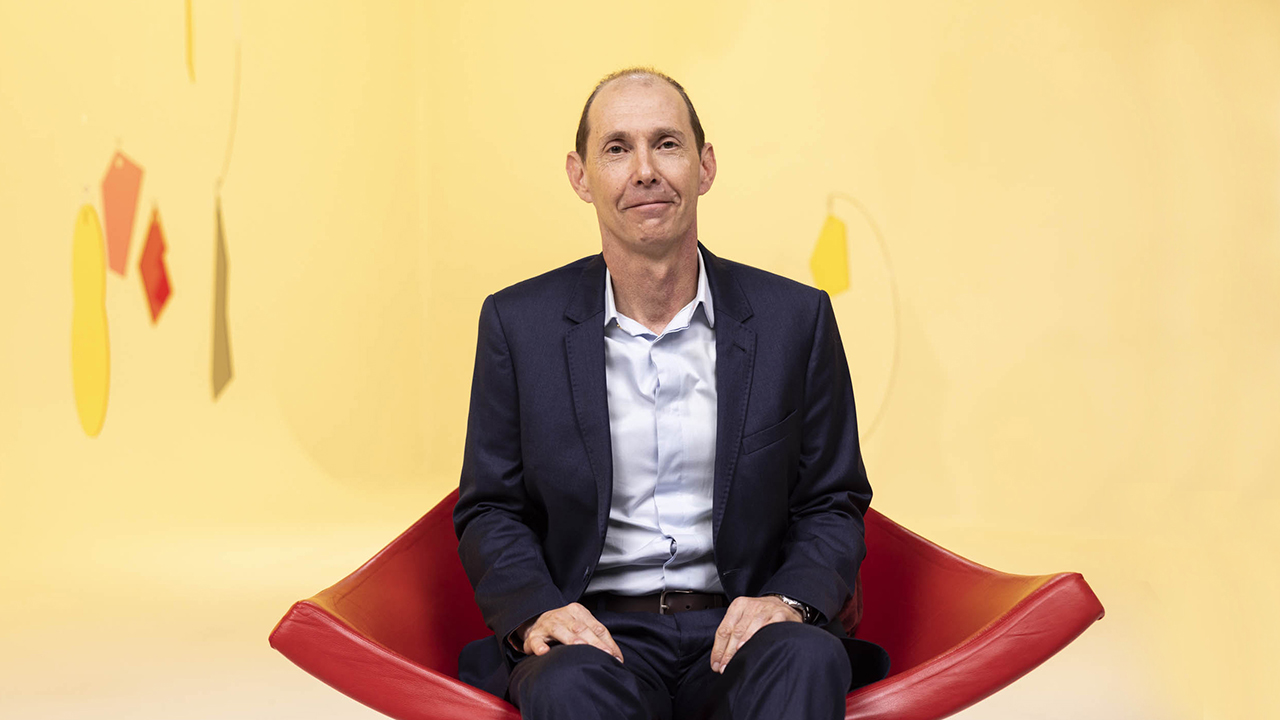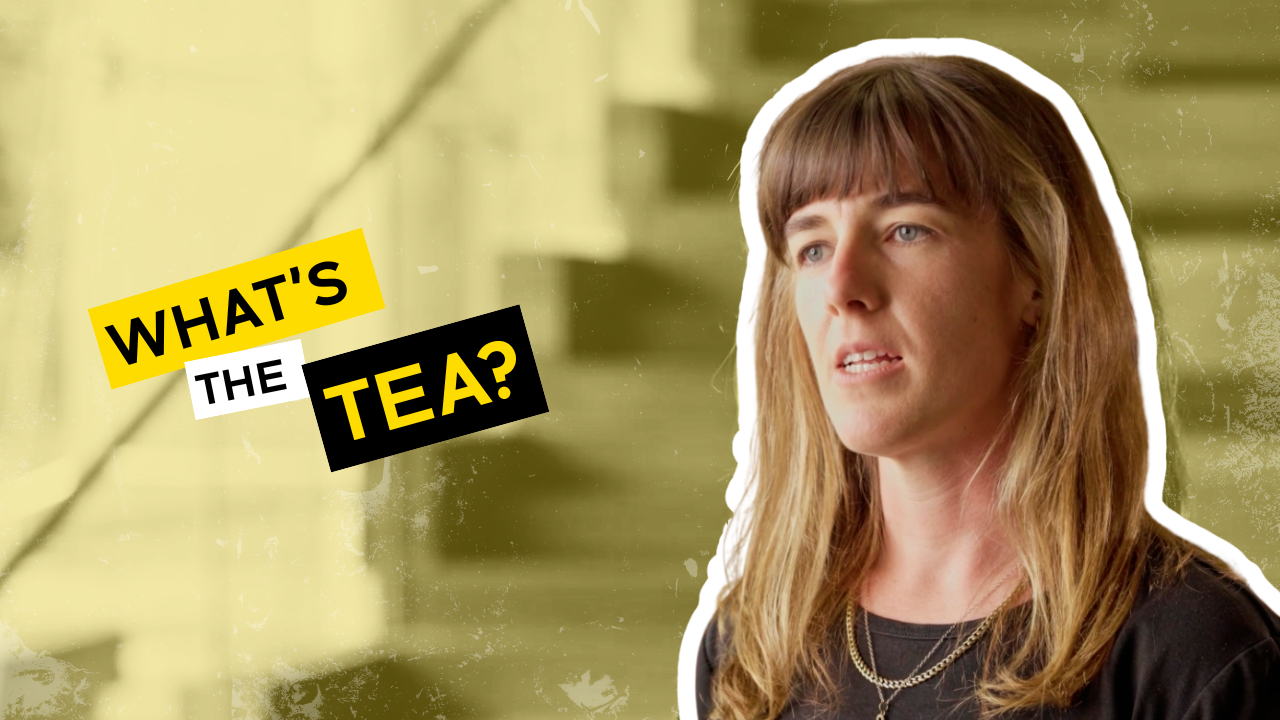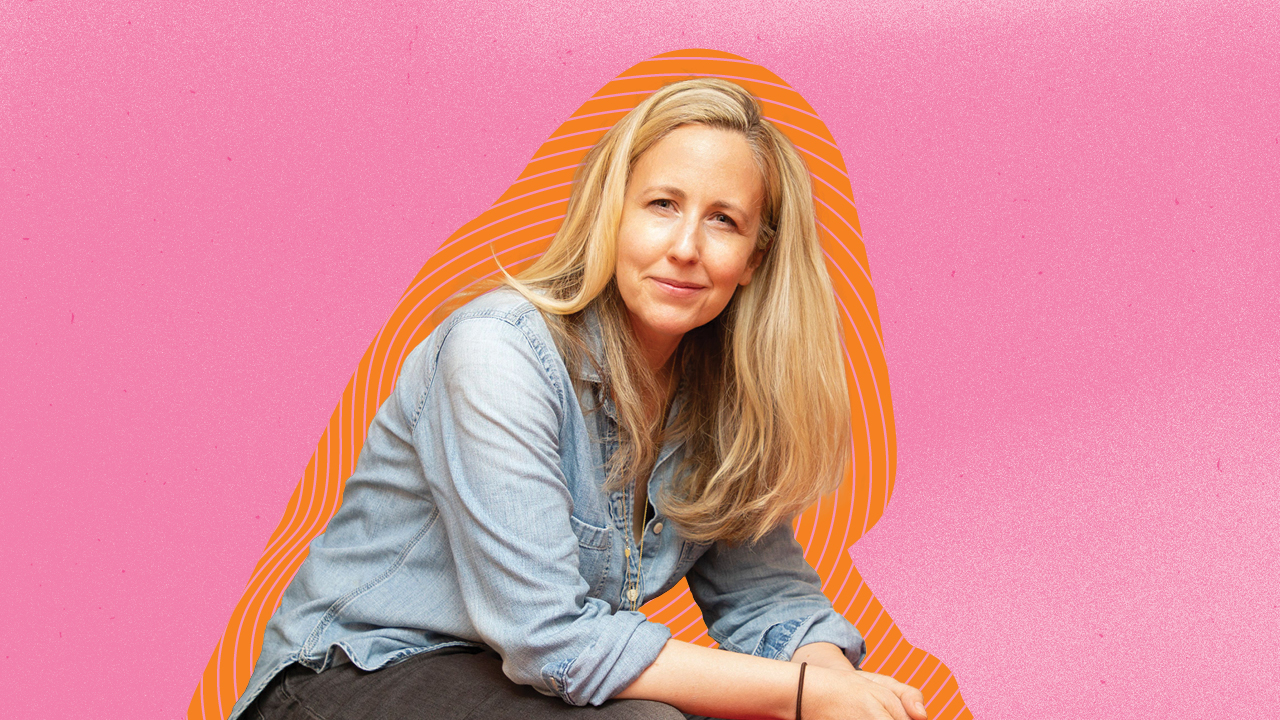Jeremy Moss | Australia’s hidden climate problem

Climate justice is all about imagining and arguing for the positive future we want, not just the scary one we want to avoid.
When we look at Australia’s contribution to climate change we’re often only seeing half the story. While many politicians love to spruik our seemingly low emissions, they’re omitting the biggest factor when it comes to Australia’s contribution to the climate crisis… because it’s not what we emit directly which is the issue, but our support for exporting domestically produced fossil fuels. So what would our emissions look like if we looked at the entire picture? And our emissions really our responsibility for our exported fossil fuels?
The answer, in short, is that we must take some responsibilities for what we export. By seeing the full picture of our contributions and climate dividends we can not only cut our emissions more quickly but more fairly too. So what might our national climate policy look like if we shifted our focus to all of our contributions? And how can we ensure the costs and benefits of climate problems and solutions are experienced equitably?
In just ten minutes, or roughly the amount of time it takes to hug a few trees, philosopher Jeremy Moss will demonstrate what a just climate transition looks like.
ABOUT 10 MINUTE GENIUS
In this sprawling digital age where a universe of information is accessible within seconds, it's easy to be paralysed by the simple question of where to begin.
Introducing: Ten Minute Genius, a series of short talks designed to create a space in which you can engage with new ideas. We have curated a collection of material scientists, philosophers and maths lovers to help you make some sense of this chaotic information vortex. And because you’re busy, all we ask of you is just ten minutes.
Transcript
UNSW Centre for Ideas: Welcome to the UNSW Centre for Ideas podcast – a place to hear ideas from the world’s leading thinkers and UNSW Sydney’s brightest minds. The talk you are about to hear forms part of the 10 Minute Genius series, a curated collection of UNSW’s thinkers, dreamers and envelope pushers helping you make some sense of the relentless information vortex in which we live. In under 10 minutes, or roughly the amount of time it takes to hug a few trees, philosopher Jeremy Moss explains what a just climate transition looks like.
Jeremy Moss: When we look at Australia's contribution to climate change, we're often not seeing the whole picture, and if we don't know what's really going on, then we won't know how to address it.
Hi, I'm Jeremy Moss. I'm a philosopher with a focus on climate justice. In this episode of 10 Minute Genius, I'm going to paint the whole picture of Australia's climate problem and what a just climate solution looks like.
Let's start with the part of this picture we usually see: the story of climate change has become really familiar. Greenhouse gases like carbon dioxide and methane go into the atmosphere and trap heat, warming the planet and messing with our climate and weather systems, which has huge consequences for everything from health to the economy to biodiversity.
So how much of this is actually caused by what we do here in Australia? Australia's direct contribution accounts for about 1.3% of the world's greenhouse gas emissions. That may not sound like much, but it means we are some of the highest per capita emitters in the world – higher than people in the USA or China.
Australia's high per capita direct emissions is the part of the story we usually hear about. But Australia's biggest contribution to climate change is not what we emit directly, but through our support for exporting fossil fuels produced right here in Australia. The greenhouse gas emissions produced from Australian fossil fuel exports are almost twice as much again as our level of domestic emissions. That's more than 10 times the annual emissions from agriculture.
Shockingly, all this production is promoted by governments with public funds. And if that wasn't enough, we also have a bad track record of actively preventing global climate action. Australia regularly teams up with Russia and Saudi Arabia to water down global climate agreements. This doesn't paint a pretty picture of the part we play in the global climate problem, let alone any solutions. But the uglier the picture, the more closely we should look at it.
Instead of simply focusing on local emissions from tailpipes and smokestacks, we should look at all the contributions – exports, subsidies, and crucially, the lobbying that lead to those emissions. Doing so means Australia is far more responsible for climate change than we thought.
So why does this make Australia responsible? And what do we do about it? Well, greenhouse gas emissions, whether they come from tailpipes or smokestacks, are just the endpoint of a long chain of decisions made in the boardrooms and cabinet rooms of Australia.
Contributions such as exporting, thwarting global agreements, and subsidising the supply of fossil fuels are just as much part of the equation as direct emissions. Supplying cheap subsidised fossil fuels to the world is also a huge contribution to climate change, even if those emissions are not counted in Australia's emissions budget. Likewise, arguing for a slower phase-out of fossil fuels at global climate negotiations is a harmful contribution, even though doing so doesn't emit anything directly.
Although it's hyperbole, looking at the entire picture of climate change in this way not only identifies what the real contributions are, it allows us to plan a more just response. Climate justice is all about imagining and arguing for the positive future we want, not just the scary one we want to avoid. In fact, climate action can pay climate dividends. Thinking about a just response is crucial if we ever to avoid already disadvantaged people both here and overseas having to pay more than their fair share to avoid climate change. After all, why should those who have contributed the least pay the most? Identifying the big contributions to climate change helps us determine who ought to be first in line to pay for the climate costs.
The costs of environmental time bombs, such as cleaning up old and new mines, can't just be left to the ordinary taxpayer. It also tells us something about what we have to do. It's no good having climate-friendly policies at home while selling cheap fossil fuels abroad. Our commitment to net zero emissions ought also to include a commitment to net zero contributions. A focus on climate justice ensures costs and benefits of climate problems and solutions are experienced equitably. For instance, globally, the injustice of climate change is compounded if wealthy countries such as Australia continue to promote fossil fuels through approving more mines or greater subsidies for fossil fuels. We can achieve a global equality dividend if Australia can pay its fair share and address its real contribution.
Lastly, correctly identifying and limiting any undue influence of the fossil fuel industry will produce a democracy dividend here at home. Limiting the lobbying and donations from the fossil fuel companies that play the political process will make democracy all the more robust. But focusing on all the contributions to climate change also has big implications for what we ought to do. It means that it is just as important to focus on having an impact on the decisions that lead to bad climate policy as cutting our own personal emissions. Taking action to change the national conversation or change your policy has a greater impact than just reducing your own emissions. By seeing the full picture of our contributions and climate dividends, we can not only cut our emissions more quickly but more fairly too. And we can paint a much more positive and real picture of the world we want to be part of.
UNSW Centre for Ideas: Thanks for listening. For more information visit centreforideas.com and don't forget to subscribe wherever you get your podcasts.

Jeremy Moss
Jeremy Moss is professor of political philosophy at the UNSW Sydney. He is the author of several books on climate change including: Carbon Justice: the Scandal of Australia’s Biggest Contribution to Climate Change; Climate Justice Beyond the State, Climate Change and Justice. He is the recipient of the Eureka Prize for Ethics and the Australasia Association of Philosophy Media Prize.




